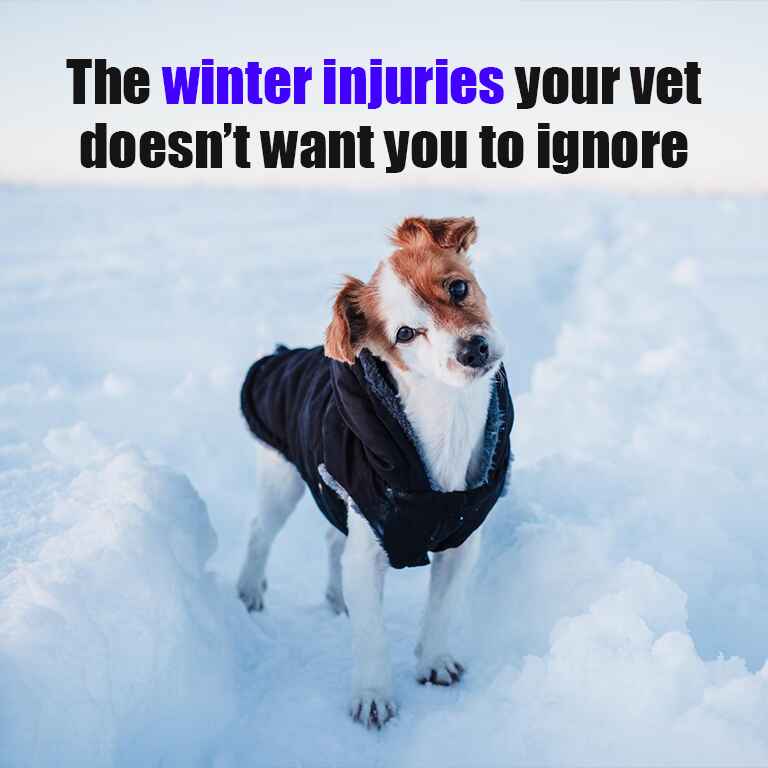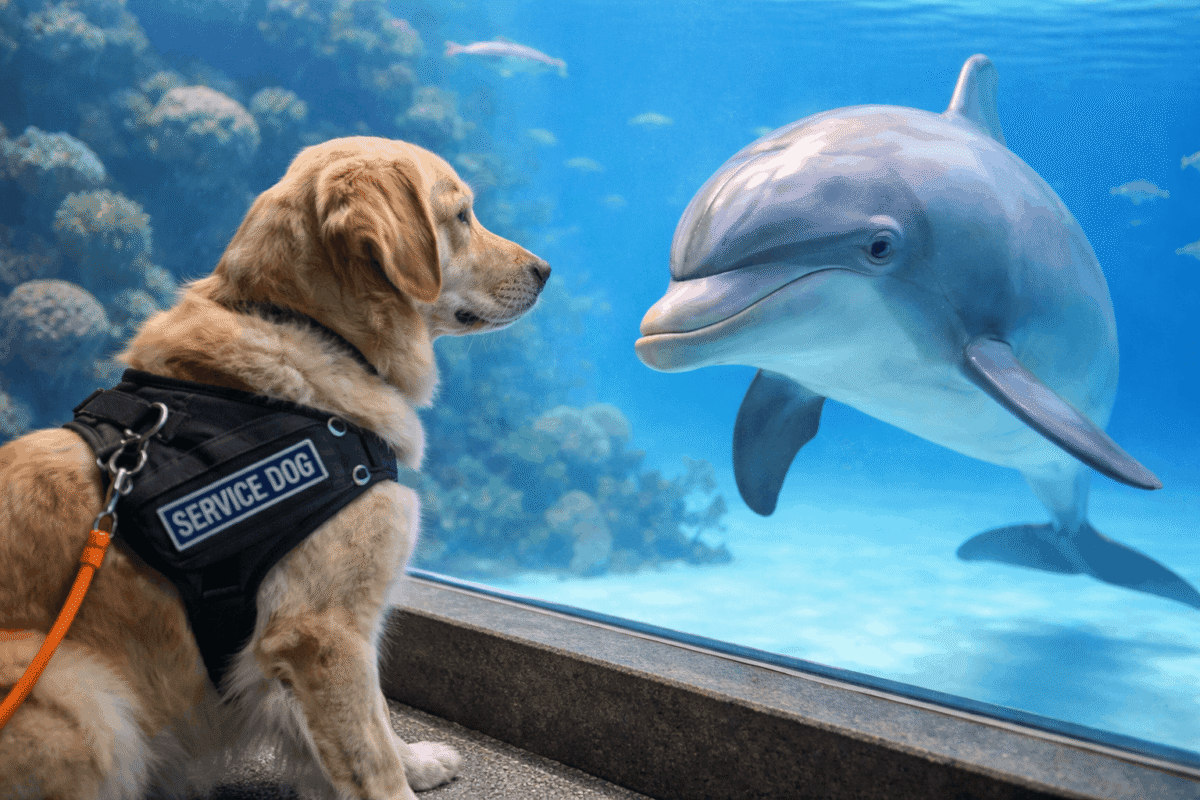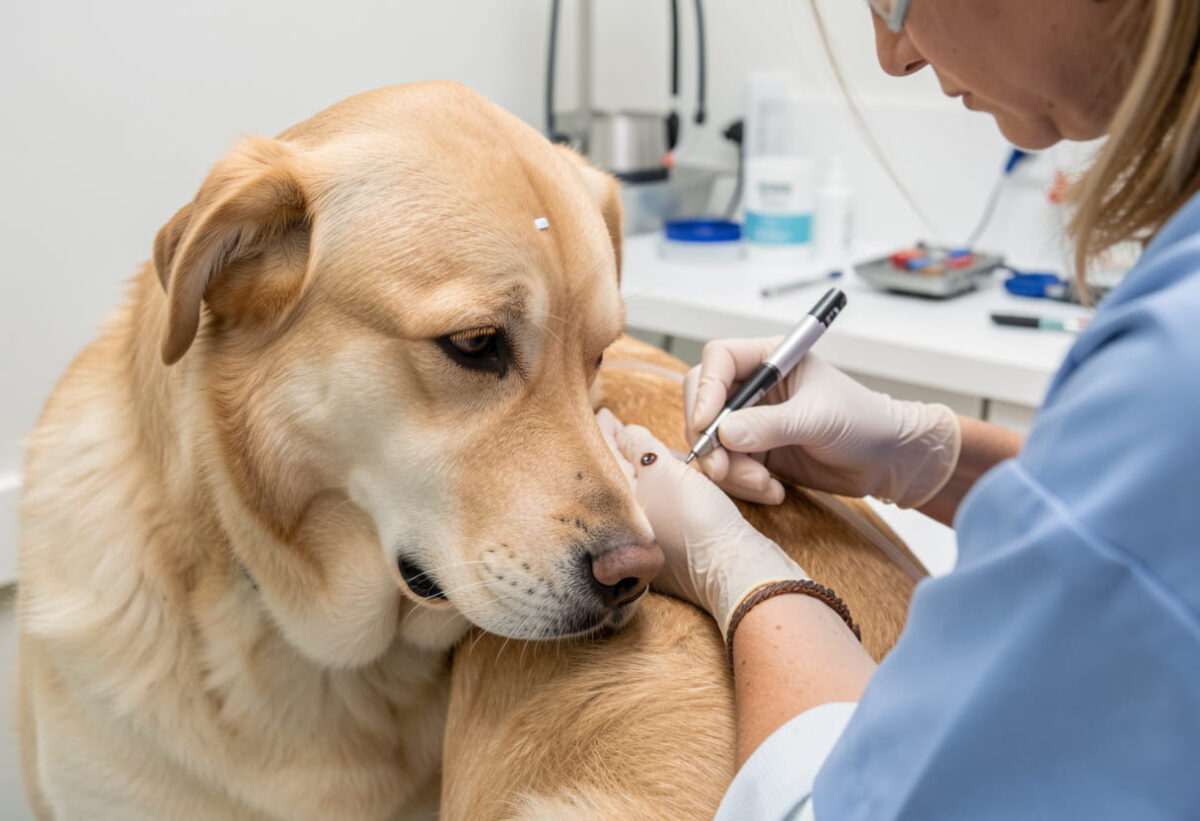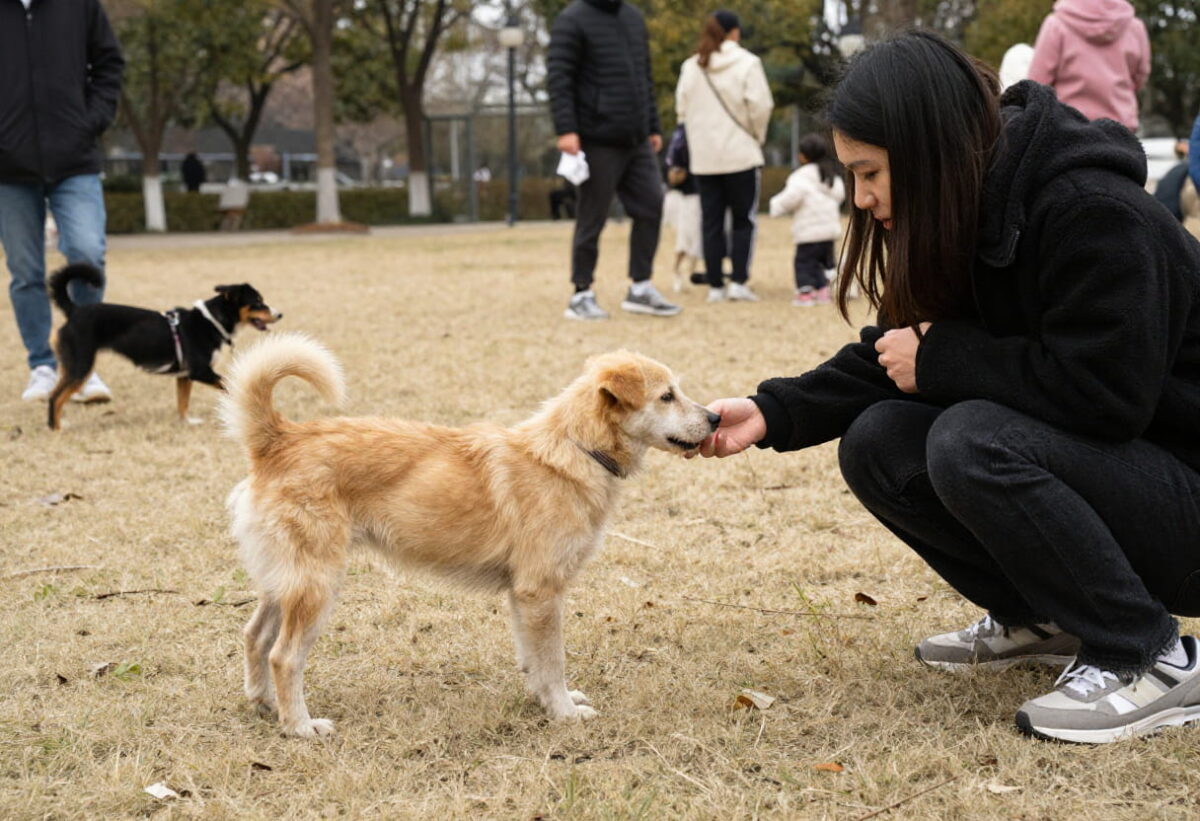The winter injuries your vet doesn’t want you to ignore

Winter had yet another mostly dry June (with some regional exceptions). Cold snaps with clear skies led to record-low night temperatures in many eastern and alpine regions, while daytime temperatures climbed higher. July was wetter and warmer, especially in the north, while August saw heavy snows blanket the Eastern states – conditions that often increase the risk of winter pet injuries if proper care isn’t taken.
And still, with my warm jumper and heater on, I was putting winter away for many. But let’s never forget these hairy, scaly, and feathered family members. Winter is not so quick to fade, and it is about time that pet owners realize that weather bugs our animals just as much as it does us; in fact, it changes so much with the shift of seasons that their need is really affected.
Understanding Common Winter Pet Injuries
Veterinary-wise, a few themes spoke out to me from our patients this winter – especially lethargy in many of our elderly; weight gain through diminished day-to-day exercise; and skin irritations through the cool damp air, thick coats, or downright ill-fitting jackets.
Here are some helpful hints for our readers in the days leading up to spring and through winter.
Certainly, a thick coat of fur seems adequate protection against winter weather for the dogs. While many would beg to differ, I can assure them that even the softest dog can feel biting cold. But for shorthaired breeds, elderlies, pups, and even small animals such as rabbits, guinea pigs, and reptiles, winter poses more serious threats to health: bronchitis or worsened joint pain in our older arthritic patients.
Indoor Activities to Keep Pets Active
Just as we humans experience the “winter blues,” pets also feel the gloom when activity levels drop. Cats and dogs are intuitive and often sense our laziness. It may be tempting to stay indoors, but never skip your pet’s exercise routine. Daily activity is vital for both mental and physical health. This does not always require long walks in the rain. Indoor games, puzzle feeders, short midday walks, or simple training sessions can provide excellent stimulation.
Managing Winter Weight Gain in Pets
Be careful with this reduction in the amount of physical activity animals do or an increase in calories from puzzle feeders. Weight gain is very common in winter. Extra weight simply means more pain for joints or much more dangerously, diabetes in our patients. Usually, a reduction in overall calorie intake is also required to allow the animals to show a nice waistline in spring and summer.
Protecting Pets from Harsh Winter Conditions
Exercise is important, but shelter must also provide warmth. A corner with drafty bedding or a hard, cold tile floor feels harsh and unkind to any indoor pet. For pets living outdoors, owners should focus on weatherproofing and insulation while adding blankets for comfort. Dog clothing is more than just a trend—older pets and certain breeds truly need jumpers, coats, and waterproof jackets to conserve body heat during chilly walks.
Shelter and Warmth: Reducing Winter Pet Injuries
Don’t forget to cover pawskin from the cold and icy surface with socks, as they exacerbate cracking and drying! When you spot cracking and drying, they could be resolved with safe moisturisers or balms.
Hydration and Grooming Tips for Winter Pet Safety
Hydration is an often-forgotten part of winter pet care. Many owners associate increased water intake with hot months, but it’s just as important to monitor pets during the cold. Pets may drink less on their own, which makes dehydration a silent threat. Dry air can harm reptiles, so misting and soaking help keep them healthy.
Brushing and Grooming to Prevent Skin Issues
Dryness, combined with interior heating, often irritates the skin. Regular brushing keeps the coat healthy by distributing natural oils. Limit bathing during winter because the cold air makes drying difficult for pets. Leaving pets wet can quickly lead to skin infections and matting. Grooming in warmer weather gives them a fresh, healthy appearance without causing harm.
Keeping Your Pets Safe from Winter Pet Injuries
Winter isn’t over yet, so let’s learn along the way and adjust to our pets’ changing needs. During the cold season, we should focus on proper housing, regular exercise, grooming, hydration, and keeping homes pet-proof to support their well-being. Giving our loved ones extra attention during winter greatly boosts their health and happiness.





